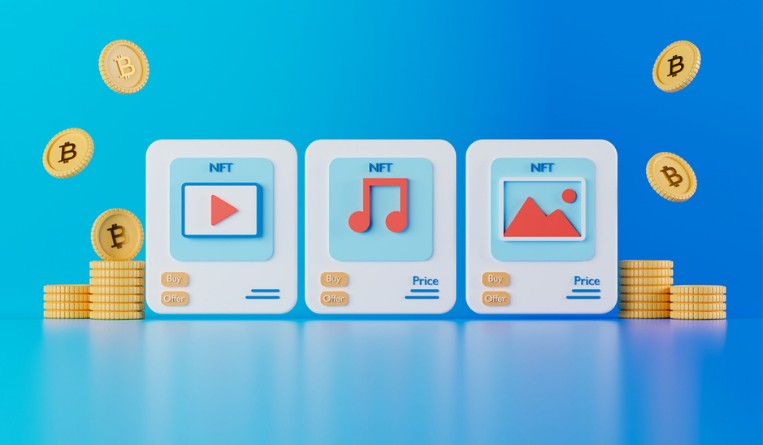Platform shuts down after musicians call out site for selling NFTs of their artworks without consent
04 March 2022

“We started the conversation and we’re listening.”
These words have been greeting visitors to the non-fungible token (NFT) platform HitPiece after Auckland bass player and music producer Jacob Park discovered an album artwork featuring his face being sold as an NFT in the website for US$100.
What stunned Park, also known in New Zealand as Leaping Tiger, was that the artwork was turned into an NFT without his consent.
The website shut down on February 2.
Founded in 2021 by Rory Felton, a music executive and Los Angeles resident, and investor Jeff Burningham, HitPiece sells images, names and album art associated with famous musicians that are minted into NFTs. The problem is, the platform turned these into NFTs without the consent of the musicians and intellectual property owners.

Shelley Slade-Gully, a partner at Tompkins Wake in Hamilton, said she believes awareness on copyright for NFTs remains weak at this point despite their surging popularity.
“The potential implications under copyright law in this space are not widely considered by the public. It appears that many of those newly involved in the NFT space are unaware that art, music or other content which the NFT links to, belongs to the copyright owner and that any copying of those works or creation of derivatives requires a licence - subject to the laws of the relevant jurisdiction. There also appears to be significant confusion around whether purchasing an NFT grants any ancillary rights, including any part of the copyright of a work,” said Gully.
Park said he wants the money that the platform generates from sales of the NFTs to be given to the musicians.
“As ever, individuals and small businesses can struggle to enforce their copyright in an online environment, and the costs in resolving the issue can be prohibitive,” said Gully.
She added that if copyright infringement takes place, Park and other individuals in similar situations can take these options, among others:
- Check for portals where you can report acts of IP infringement on the NFT listing site
- Obtain legal advice to protect your copyright ownership and explore options to pursue anyone hosting IP-infringing content
- Contact a local representative body such as music licensing societies and artist rights associations. Ask if they provide support to victims of IP infringement.
What should be done to avoid incidents like these and make more people – including musicians, artists and Internet business owners – more aware of IP issues in connection with NFTs and in the online space in general?
“Ideally, NFT marketplaces should be very clear as to the rights attached to any particular NFT,” said Gully.
“Content hosting sites should also specify in their Terms and Conditions (T&Cs) that no licence is granted to third parties to create derivative works, including NFTs, without express permission. This should already be covered by the T&Cs of most such sites, but there may be value to users in these websites making this clearer. We are starting to see solutions available to tackle this issue though, with some hosting sites providing a service that alerts its users if it finds NFTs created of their artwork,” she added.
Several other musicians including Wolfgang Van Halen, Jackie Venson, Jeremy Blake and Left at London had also called out HitPiece via social media for minting artworks associated with them into NFTs and selling them without their knowledge or permission.
Meanwhile, the Recording Industry Association of America sent a letter to HitPiece to say that it should stop committing its acts of IP infringement. The association also said it might slap the NFT platform with a lawsuit.
In an open letter, HitPiece stated, "Clearly we have struck a nerve and are very eager to create the ideal experience for music fans. To be clear, artists get paid when digital goods are sold on HitPiece. … We are continuing to listen to all user feedback and are committed to evolving the product to fit the needs of artists, labels, and fans alike."
Espie Angelica A. de Leon






